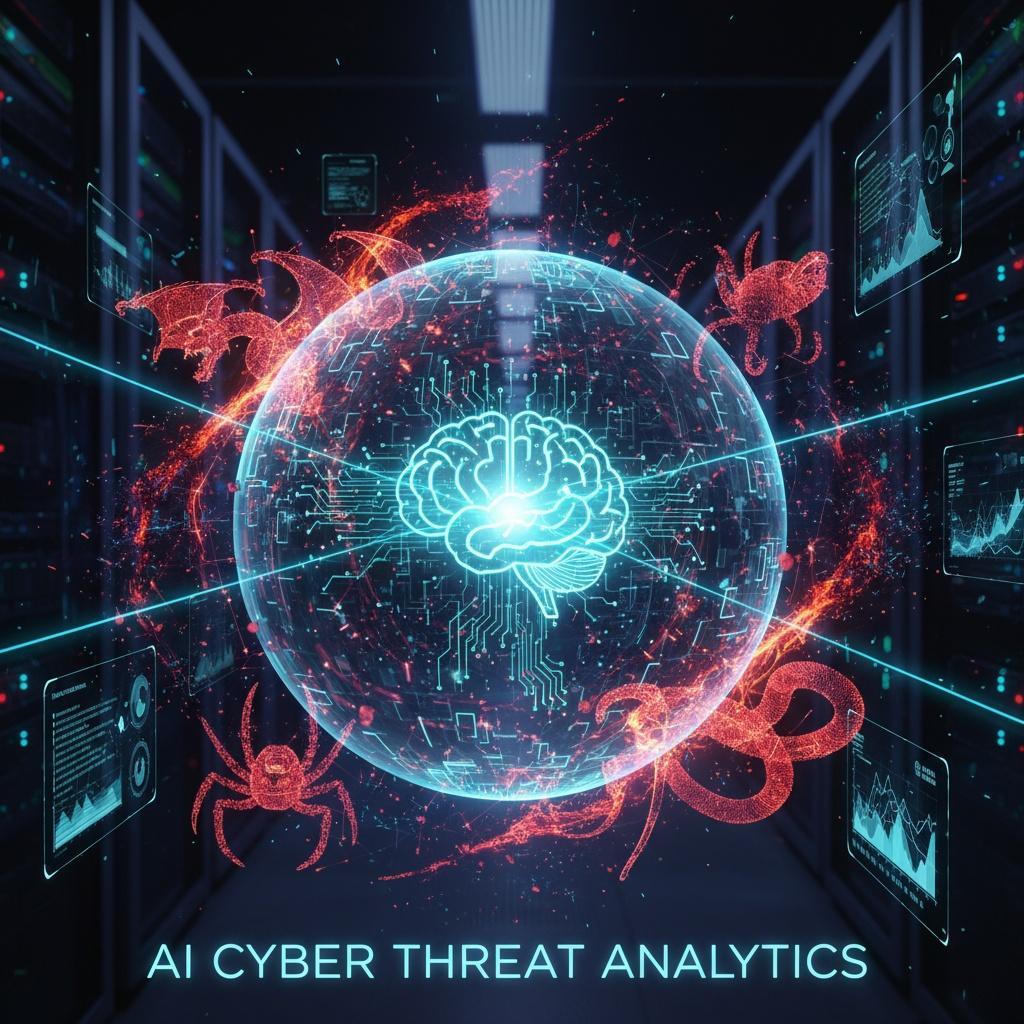In 2025, the cybersecurity landscape is being profoundly reshaped by the rapid rise of AI-powered threats, presenting new complexities and challenges for organizations worldwide. AI technologies, while revolutionary in their potential to streamline processes and enhance innovation, have also become potent tools for cybercriminals, enabling highly sophisticated attacks that outpace traditional defenses.
Cyber attackers are increasingly leveraging AI-driven methods to execute large-scale social engineering, phishing campaigns, and deepfake impersonations. These attacks harness advanced machine learning models that allow fraudsters to automate and customize their efforts with unprecedented precision and speed, drastically increasing the scale and success rate of cyber incidents.
One notable trend is the emergence of AI-based cybercrime services that democratize access to advanced hacking tools. This commoditization means that even less-skilled threat actors can deploy complex AI-enhanced attacks, complicating efforts by cybersecurity teams to detect and respond effectively. AI malware, capable of adapting dynamically, further intensifies this threat by evading conventional detection systems.
As AI threats escalate, data privacy concerns are simultaneously growing. AI systems require vast amounts of personal data for training and operation, raising significant risks of unauthorized access, misuse, and breaches. The ethical dimensions surrounding AI surveillance practices and data handling amplify these privacy challenges, emphasizing the tension between technological advancement and individual rights.
Global privacy regulations are evolving but remain fragmented, struggling to keep pace with AI’s rapid adoption. Laws like the EU’s GDPR and California’s CCPA emphasize data transparency, user consent, and stringent protection standards. However, regulatory enforcement and the harmonization of international frameworks are ongoing challenges that organizations must navigate.
To address these multifaceted risks, organizations are increasingly prioritizing AI-aware cybersecurity defenses and ethical governance models that ensure compliance with a wide spectrum of privacy regulations. Investment in workforce training and next-generation security technologies is critical to contend with AI-augmented threats effectively.
Looking ahead, the interplay between AI-powered cyber threats and global privacy laws underscores the crucial need for agile and adaptive strategies. Businesses and governments must collaborate to foster resilient cybersecurity ecosystems that balance innovation with privacy protection, ensuring a secure digital future for all stakeholders.






